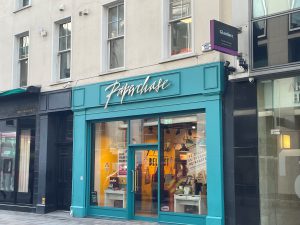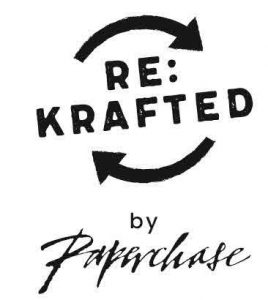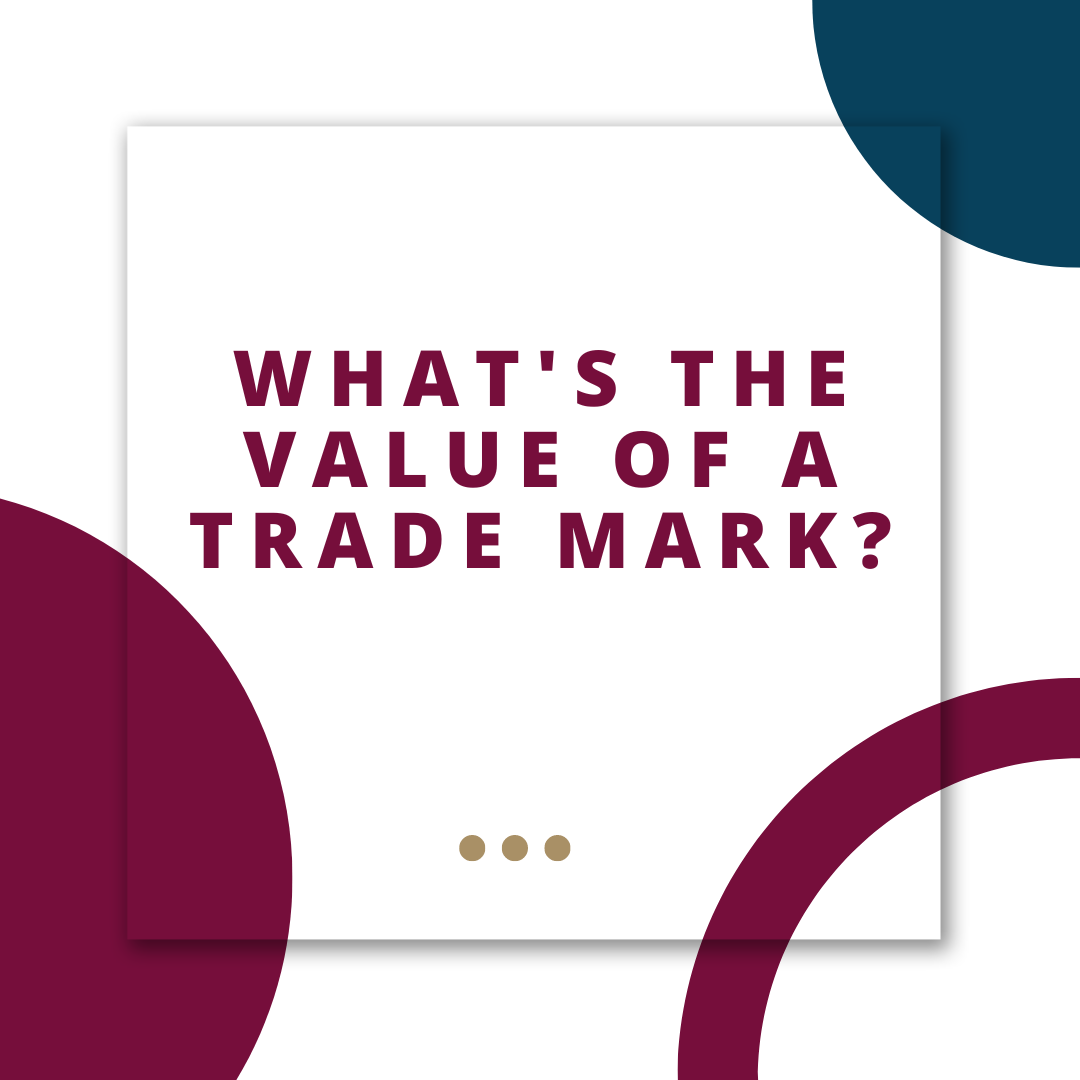Tesco purchases Paperchase IP
The stationery company Paperchase has gone into administration and it has been reported that Tesco, while not interested in buying the bricks-and-mortar business, is purchasing the brand and the Intellectual Property (IP) which is intangible.
Intellectual Property can refer to many different things. Trade marks are those signs which distinguish a company’s goods or services from those of their competitors, patents can be used to protect inventions or improvements to existing products, design rights can subsist within the shape of a product while copyright comes into being upon the creation of an artistic or literary work. None of these rights can be seen or touched or held.

By buying assets that are incorporeal, is Tesco, like the Emperor in the children’s story ‘The Emperor’s New Clothes’, foolish for buying something which can be neither seen nor touched?
No, of course not! While IP is invisible, unlike the Emperor’s new clothing, its effects can certainly be perceived.
What do you get when you buy a trade mark?
So, when Tesco buys the Paperchase brand and IP what exactly are they getting? They are essentially purchasing the right to use the signs which identify the brand, i.e., the trade marks, along with the goodwill which is imbued within those signs.
Trade marks can be a name, a logo, a colour or combination of colours, a movement, a sound, a shape or any other sign which identifies the brand.
Goodwill is defined as “the attractive force that brings in custom”. It is the indefinable element that appeals to the consumer and which then encourages them to purchase the product or service. Consumers who have a good experience when they buy a branded product, or if they hear about a certain branded product from someone they trust, will look for those signs which identify the brand in order to either the experience or try it for the first time.
Brands bring trust
In 2022 Statista reported that the Coca-Cola brand is worth 97.9 billion U.S. dollars. When consumers see the signs which identify Coca-Cola they are attracted to the product. When buying a product again, they trust that they are going to get the same experience. When looking at purchasing a new product, on which the Coca-Cola name and logo are affixed, they trust that the standards adhered to and the quality of the product they know will be present in the new product. Essentially consumers trust the products sold under the Coca-Cola trade marks and this is the same for the Paperchase trade marks.
Instead of building a brand from the bottom up, which may or may not be successful, Tesco is buying a brand which is already trusted with an existing great reputation for exceptional products. Whether they are sold through an original Paperchase retail outlet or retail website or in Tesco’s supermarkets, consumers will see the signs which identify the Paperchase brand and will be more inclined to purchase those branded products than to purchase identical products on which other, lesser-known trade marks, appear.
Brands have tangible value and should be protected
The signs which identify a brand can be protected through trade mark registration. Aspen Phoenix Newco Limited, the current owners of the Paperchase brand and IP, own several UK and European Union trade mark registrations for the trade mark PAPERCHASE along with a number of sub-brands including for the word marks, AGENZIO, NOTO, SPECTRASCOPE. KRAFT, PAPERWORKS and PURR MAIDS.
Interestingly, even though the company has been struggling for a couple of years, a UK trade mark application was filed for the trade mark  as recently as 31st August 2022. The value of this brand identifier and the need to secure it through trade mark registration was understood and action was taken to secure it as an important asset.
as recently as 31st August 2022. The value of this brand identifier and the need to secure it through trade mark registration was understood and action was taken to secure it as an important asset.
Have you recognized the value of your Intellectual Property? Have you protected these valuable intangible assets? Contact us on mail@maclachlan.ie for a free initial 30-minute consultation and we will guide you in identifying and protecting them.


